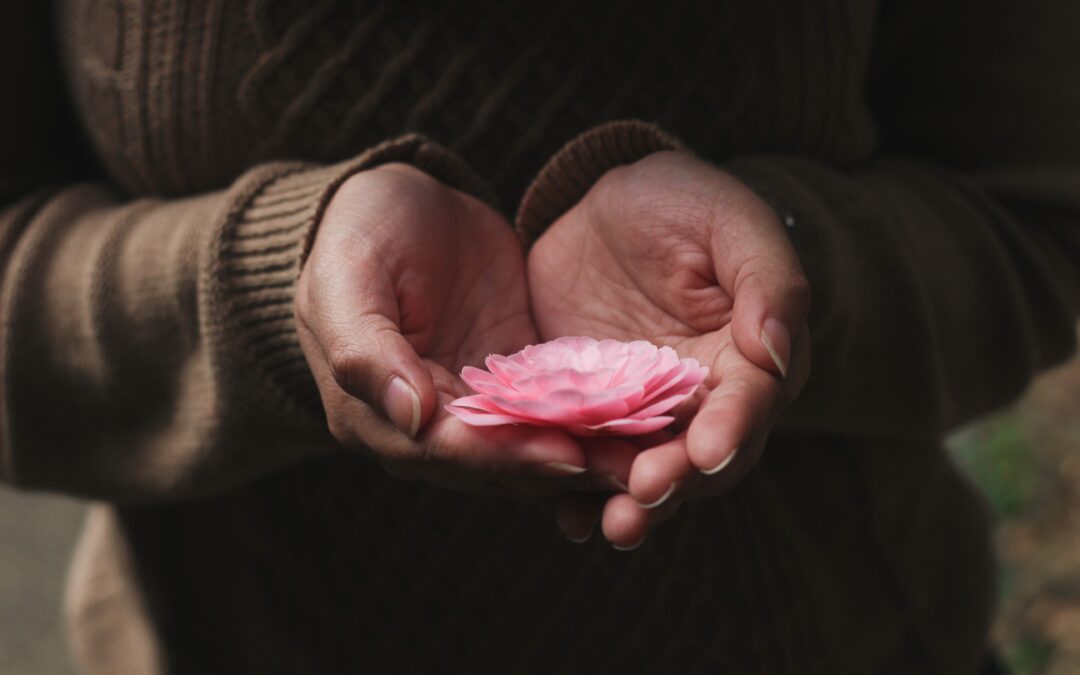How do we keep our recovery alive, fresh, and vital year after year? Often we hear about a “pink cloud” experience—a period, usually in early recovery, when things are going well, and we are filled with gratitude and wonder at our newfound freedom.
What is this experience and why do so many of us assume that this childlike sense of awe and joy will naturally diminish as we “grow up” in sobriety?
I’ve come to believe that many of us have pink cloud experiences early on because our pain literally breaks us open. Some light gets in through the crack, perhaps for the first time in many, many years. We are so hurt that we surrender enough to let God in. This is what AA’s big book describes as “the first flush of spiritual experience.”
However, for many of us, time goes on and we get comfortable in our sobriety. We get better, and the desperation subsides. We are no longer living in a place of wholehearted surrender and openness. Bob B. describes this as “getting back in his tank.” When we’re not living in a place of intolerable pain and desperation, we are less inclined to rely on God. Gradually we close the crack of spiritual openness.
I think this naturally leads many of us to a place of dullness in our sobriety. We are no longer “on fire.” We’re more restless and unsatisfied. And eventually, often after looking for relief elsewhere without much success, we experience a sober bottom.
But don’t despair—there is good news. Pain and desperation while sober are wonderful opportunities for profound spiritual experiences. If I don’t numb the intensity of feeling with a drink or a drug—or something more subtle, like a relationship or busyness or shopping—I end up with nowhere to go but God. I return to the place of surrender I experienced when I first walked in the doors of AA.
I personally experienced one of these bottoms after many years of engaged sobriety. Confused and suffering, I sought out the wisdom of old timers in my group. I related to them all the things I was doing to feel better and wanted to know why they weren’t working. Why did I feel like I was dying even though I was praying, meditating, getting to meetings, taking inventory and working with others? One said to me bluntly “All that stuff your doing is nice, but you need an experience with God. Ticking items off your spiritual checklist isn’t gonna do the trick.”
Thus I came to see that the map is not the territory. The spiritual actions we take in recovery are guideposts to get to a living relationship with a higher power. They aren’t God. They are directions for finding God. They clear a path. And anytime I try to turn them into God—by demanding they give me a sense of freedom, wholeness, security—they will fail.
I had been treating the tools as though they were God, instead of seeing them for what they were—a roadmap to God.
What this meant in practice was that I needed to find a new relationship with my tools so I could find a new, deeper relationship with God. I had to approach them not like items on a checklist—rather annoying to-do’s slowing me down from the rest of my day, but like vital opportunities to get clear and quiet enough to really connect with God. I began approaching them with some new reverence and presence, bringing myself to the tasks with a quality of attention that indicated that they mattered. I discovered that I didn’t need to find a new path, but rather to approach the path with new eyes. Come to the work with the same fervor as I had when I was new and desperate. I had to be willing to be new again without drinking or using.
In this way, I’m learning—after many years of sobriety—how to keep my spiritual life vital. How to keep the channel open, so I can live in that “pink cloud” of wonder and gratitude.

Recent Comments